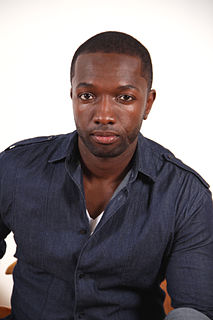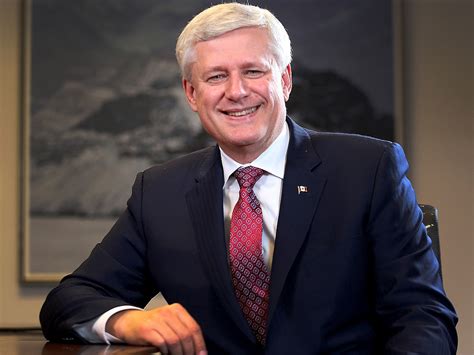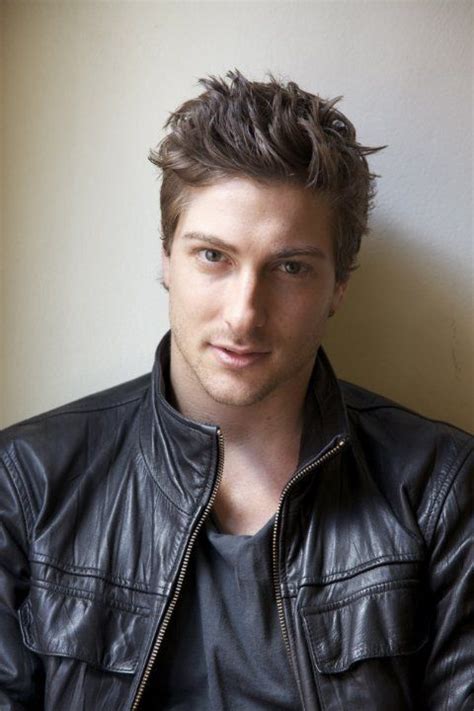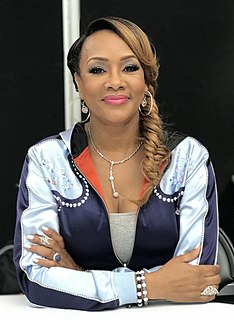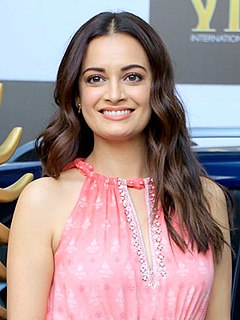A Quote by Alante Kavaite
About my work, my first film, Écoute le Temps (Fissures), was positioned by distributors as a thriller because they thought that it would sell more easily. But it was surely a mistake, as that kind of viewer did not take the bait, and it drew away its potential core audience, those whom I met in festivals and in various Q&As who seem to appreciate that particular kind of cross-over arthouse film.
Related Quotes
The kind of sleep that I had during my own film [Certified Copy] screening in Cannes is different. It's not because of the specificity of the film. It was because of my relationship as an author to this film. Usually when I take my films to festivals, I feel incredibly anxious about them. I wonder how it will be received, how the audience will react. I feel deeply responsible for them. Whereas this time, I didn't have that responsibility on my shoulders.
I've always loved theatre because it's so immediate. The challenge of it is that, career wise, it's easier to get traction in the industry if you do film and TV because the audience is larger, and because the work can be seen for a longer period of time. I did solid work in a series of regional and Off-Broadway shows, but the work I did on TV or film will have a longer life with a larger audience (and with services like Netflix). Ultimately, there's something intimate about TV, because the storytelling and the actors come home with the viewer. It can be powerful because of that.
I think that film festivals, we're very often given to understand, are about filmmakers and about films and about the industry of filmmaking. I don't believe that they are, I believe that film festivals are about film audiences, and about giving an audience the encouragement to feel really empowered and to stretch the elastic of their taste.
For me, two of my favourite science fiction films are Blade Runner, which is fantastic, and Terry Gilliam's Twelve Monkeys. Both of those were smart science fiction films hitting more of a medium budget, and I desperately hope there is an audience for that kind of film because I would love that to be my next film, on that kind of scale.
The first thing I say when people ask what's the difference [between doing TV and film], is that film has an ending and TV doesn't. When I write a film, all I think about is where the thing ends and how to get the audience there. And in television, it can't end. You need the audience to return the next week. It kind of shifts the drive of the story. But I find that more as a writer than as a director.
I think everyone agrees First Contact was our best film, and even at that, they're kind of... I don't know, they're sort of movies. But they're kind of really Star Trek movies, if you take my meaning. It's hard for me to say. I was glad to be doing them. Whether they were good isn't really up to me to determine, and it doesn't matter what I think. I thought we had a really nice script on Nemesis, and the audience didn't seem to care for it, so what can you do?
Um, 'Soul Food'... Another wonderful little movie that could. Here's a film that, I think our budget was maybe $6 million. We shot it in Chicago in six weeks. I was so proud of the film, because it showed America that an African-American film about family could sell, could do well, could cross over and have true meaning.
I always feel that a viewer has an expectation about every moment of the film and where it's going, so if I act against that, I've created a twist. In fact it becomes a kind of game with the expectations of the viewer. This is the superficial appearance. In the layer beneath there is a hidden theme. The result of each twist is that the judgment of the audience member is challenged.


